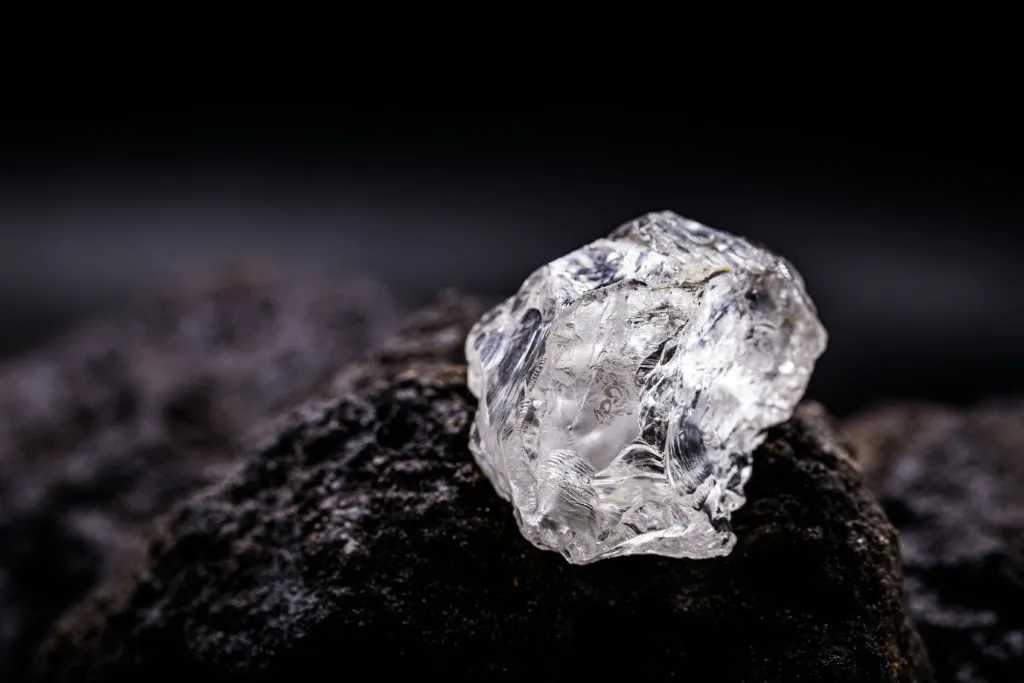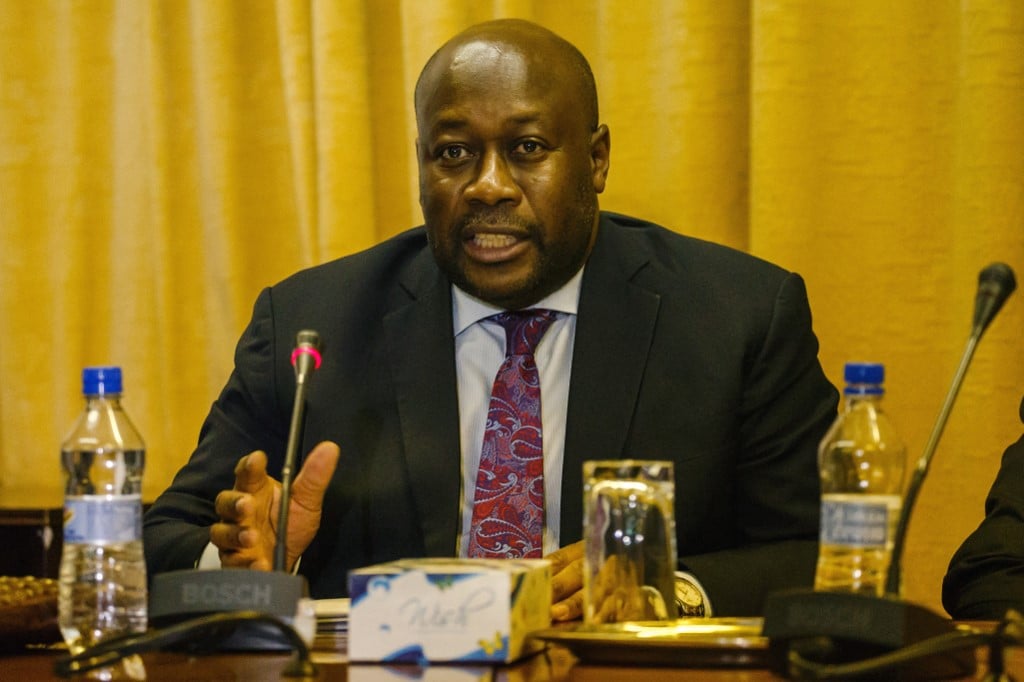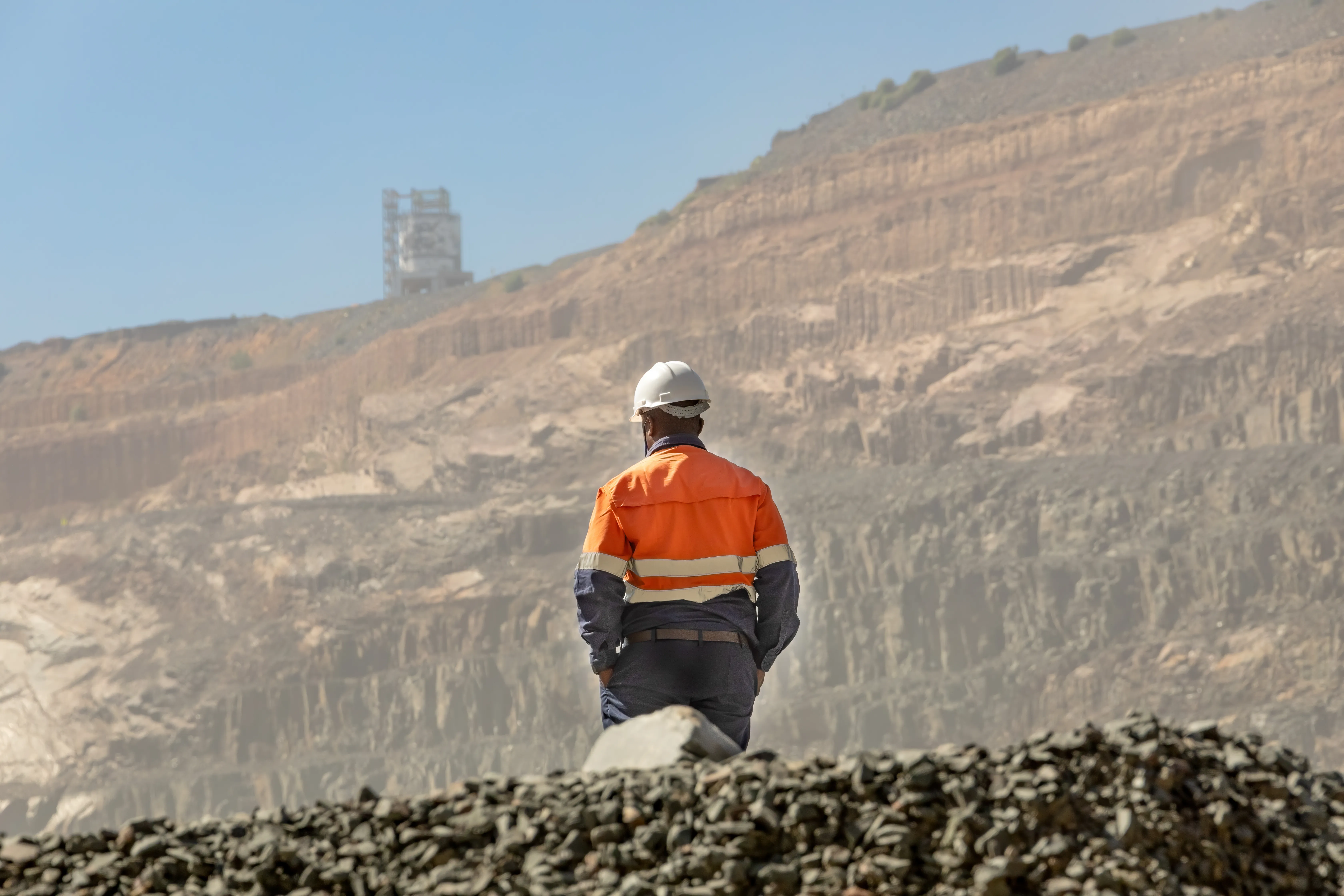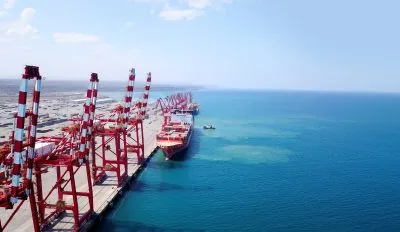Lithium, a critical mineral that will underpin the world’s green energy transition, has taken off in the past two years, with prices surging to record highs as supply has struggled to keep pace with unrestrained global demand.
According to Anglo-Australian mining giant Rio Tinto Group, half of all cars sold globally could be electric by 2030, way up from 9% in 2021. As a result, mining companies have been combing the world for opportunities to bring on new supplies, particularly companies based in China, a country which today controls the global lithium supply chain.

Maximising the benefits of lithium
Lithium-producing countries from Chile to Namibia have been working out how to maximise the benefits of their bounties. Among them is the world’s fifth-largest producer, Zimbabwe. If the country’s resources are fully exploited, its government insists, Zimbabwe can meet 20% of the world’s total lithium demand, heralding a gargantuan economic boom. Experts say that is a big if.
In December, President Emmerson Mnangagwa’s government set out its stall with a strict ban on the export of unprocessed lithium, in a bid to stop artisanal miners from digging up the mineral and taking it across borders. The government plans to build domestic processing capacity and take advantage of surging global prices.
Companies that have made multi-billion dollar acquisitions in Zimbabwe will have to build lithium processing plants, an expensive and time-consuming exercise. Most are Chinese companies, which have bought a number of Zimbabwe’s lithium mines in recent years. Critics say the move represents resource nationalism which, if other countries follow suit, could push the price of lithium even higher.
As the world shifts towards clean energy, particularly in transportation, lithium has grown in importance. It is particularly important for the manufacture of high-energy-density rechargeable batteries. Battery makers expect lithium-ion batteries, which first arrived on the market in the early 1990s, to dominate the industry for decades to come. Lithium is also used in the production of electronics from mobile phones and laptops to washing machines.
In 2022, lithium prices soared more than 101.4% between January and March alone, according to Benchmark Mineral Intelligence’s Lithium Price Index. Lithium carbonate prices in China, the biggest electric vehicle (EV) market in the world, rose to a record $84,000 per tonne in November.
Zimbabwe, which has Africa’s largest lithium deposits, thinks it can do better from the price surge. Its Bikita mine, 300km south of the capital Harare, boasts 10.8m tonnes of lithium ore. And the Arcadia Lithium Mine is expected to reach an annual production of 2.5m tonnes, which could equate to $3bn in exports.
In 2020, the government said it was losing more than $100m a month in mineral revenues, mainly through smuggling of gold mined by artisanal miners. Mnangagwa says hordes of artisanal miners have been invading abandoned mines to dig for lithium amid high global prices, before funnelling raw lithium into neighbouring countries for export on international markets.
‘We will go nowhere with raw exports’
In a circular issued on 20 December 2022 under the Base Minerals Export Control Act, mines minister Winston Chitando said, “No lithium bearing ores, or unbeneficiated lithium whatsoever, shall be exported from Zimbabwe to another country.”
The ban will “ensure that the vision of the president to see the country becoming an upper-middle income economy has been realised,” it added.

Those seeking to export raw lithium ore will need to provide proof of exceptional circumstances and receive written permission from the government before lithium can leave the country.
Additionally, new rules stipulate that a 5% royalty rate will be payable on lithium from January, and that this will have to be paid half in cash and half in processed final products (not ore). This is intended to allow Zimbabwe to build physical reserves of precious metals and minerals for the first time, while still receiving cash for the day-to-day running of government. The reserves may also be used to underpin government borrowing.
“If we continue exporting raw lithium we will go nowhere. We want to see lithium batteries being developed in the country,” said Polite Kambamura, the deputy mining minister. “We have done this in good faith for the growth of industry.”
The directive “shows the Zimbabwe government’s interest in raw material beneficiation,” comments Deborah Brautigam, director of the China Africa Research Initiative at Johns Hopkins University.
Over the long run, she says, Zimbabwe is looking at Indonesia, which implemented a full ban on exports of nickel ore – also vital to EV batteries – in early 2020. Chile also tried to eke more out of its lithium bounty several years ago by leveraging huge royalties on lithium, although it stopped short of an export ban.
There is nothing new about Zimbabwe trying to tighten its grip on minerals. “Currently Zimbabwe receives an extreme risk score of 2.04/10.00 on our Resource Nationalism Index, making it the worst performer in Africa,” says Aleix Montana, Africa analyst at risk intelligence company Verisk Maplecroft. “Our index assesses the risk to business from governments taking greater control of economic activity and revenue generated from the extractive industries.”
Advantage for China?
Chinese giants Sinomine Resource Group, Zhejiang Huayou Cobalt and Chengxin Lithium Group have since 2022 acquired lithium mines and projects worth a combined $678m in Zimbabwe and are at various stages of developing mines. The two latter companies are also developing processing plants, which would exempt them from the ban.
Lauren Johnston, a China-Africa senior researcher at the South African Institute of International Affairs, speculates that the ban could actually boost ties between Zimbabwe and China.
“I would look at which companies/countries are more prepared for processing it in Zimbabwe. My guess is that Chinese companies are,” she says.
Johnston questions the timing of the circular, just after the US-Africa Leaders Summit, when President Biden brought more than 50 African leaders to Washington in a bid to reset deteriorating US ties with the continent by offering lucrative business deals.
“Is this a move between Zimbabwe [and] China since they know that it will foster [closer] relations and China’s access to that share of lithium?” she asks.
Zimbabwe has emerged as one of China’s closest partners on the African continent. Chinese contractors have just built the country a new parliament on a hilltop in Harare, replacing the old Westminster-style format with a circular design.
Increased costs
However, Montana cautions that the ban comes with downsides, both for Zimbabwe and the global market for the mineral. Forcing extractors to build processing facilities “will substantially increase the cost of lithium projects in Zimbabwe,” he says.
“Alternative African jurisdictions with sizeable lithium reserves, such as Ghana and Namibia, will likely become more attractive to investors. If other lithium-producing countries follow Zimbabwe’s example and ban the export of unprocessed ‘white gold’, it will fuel already-high global prices.”
Want to continue reading? Subscribe today.
You've read all your free articles for this month! Subscribe now to enjoy full access to our content.
Digital Monthly
£8.00 / month
Receive full unlimited access to our articles, opinions, podcasts and more.
Digital Yearly
£70.00 / year
Our best value offer - save £26 and gain access to all of our digital content for an entire year!
 Sign in with Google
Sign in with Google 




